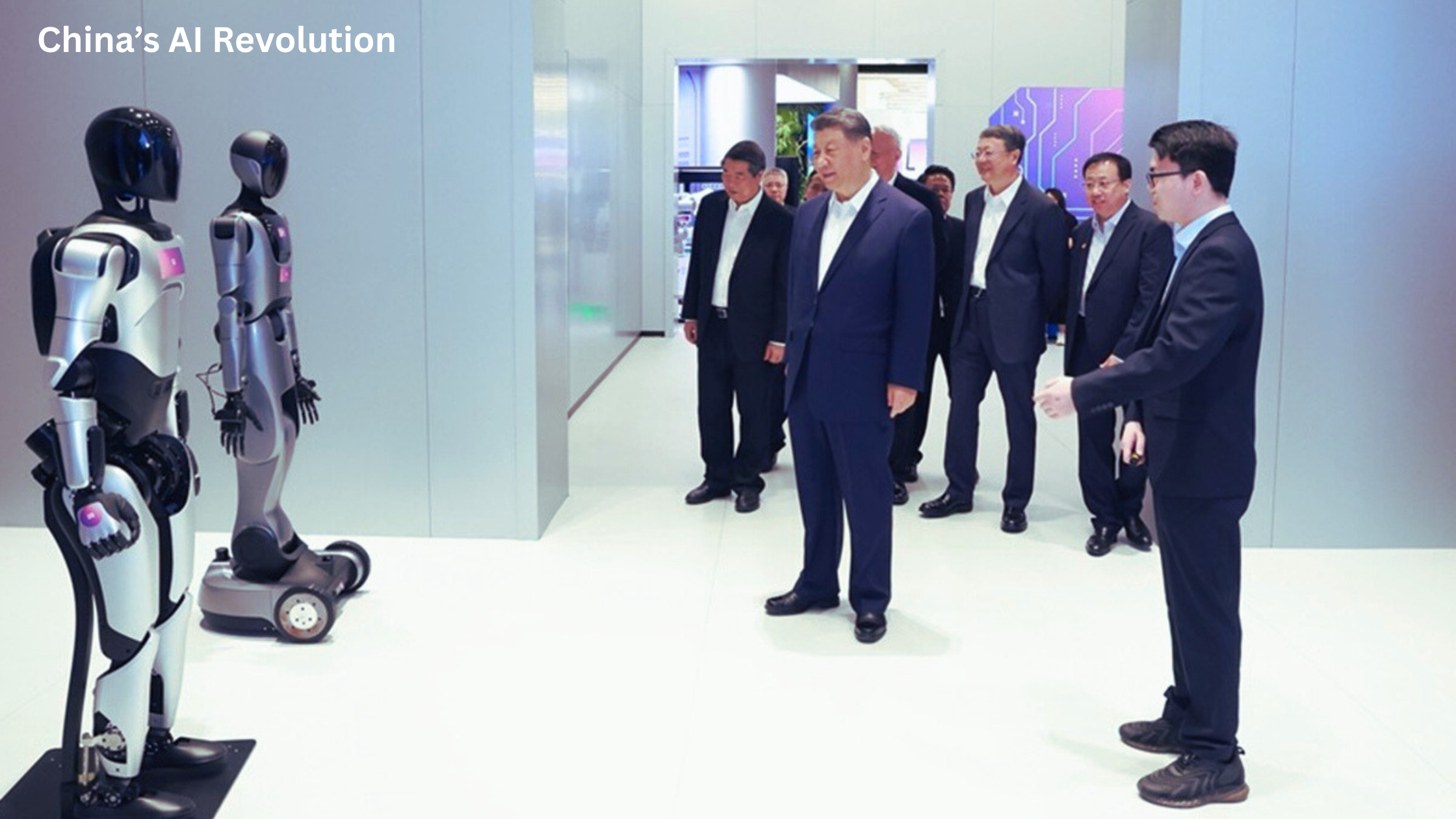The Rise of China’s AI Ecosystem
Top AI startups in China are no longer just competitors-they’re global trailblazers. Backed by aggressive government policies and $50B+ investments, China’s AI sector is outpacing Silicon Valley in robotics, NLP, and generative AI. Startups like DeepSeek and MiniMax are proving that innovation thrives under Beijing’s “AI First” mandate, which prioritizes self-reliance and real-world applications.
1. SenseTime: The Visionary Pioneer
Founded in 2014, this Hong Kong-based leader in AI innovation in China specializes in facial recognition and autonomous driving. Its partnerships with global tech giants and academic excellence make it a cornerstone of China’s smart city initiatives.
2. MiniMax AI: Generative Powerhouse
This Shanghai startup, founded by ex-SenseTime engineers, is challenging OpenAI with its text-to-video tools. Backed by Tencent and Alibaba, MiniMax exemplifies China’s AI ecosystem shift toward creative applications.
3. Manus: Autonomous Agent Architect
Manus uses Claude 3.5 and Qwen models to build self-operating AI agents. Its ability to manage complex tasks without human intervention sparks both awe and ethical debates, reflecting China’s push into advanced AI innovation.
4. Weibo: Social Media’s AI Engine
While not a pure AI firm, Weibo’s 600M users benefit from its AI-driven content moderation and trend analysis. Its algorithms, tailored for China’s digital landscape, set benchmarks in user engagement.
5. DJI: Drone Dominance
Commanding 90% of the consumer drone market, DJI’s AI-powered drones are staples in agriculture and disaster response. Its gimbal tech and obstacle-avoidance systems remain unmatched globally.
6. Agibot: Robotics Reinvented
Agibot’s adaptive robots learn on-the-fly, tackling logistics and manufacturing challenges. Its AI innovation in China focuses on real-world industrial solutions, bridging automation gaps.
7. Zhipu AI: The Efficiency Expert
Spun off from Tsinghua University, Zhipu’s GLM-4-Air model delivers GPT-4 performance at 1/3 the cost. Its open-source approach fuels China’s self-reliance agenda in AI infrastructure.
8. Hunyuan: Tencent’s NLP Power
Integrated across Tencent’s apps, Hunyuan enhances services from gaming to finance. Its deep ecosystem integration showcases how China’s AI ecosystem thrives within tech conglomerates.
9. Qwen: Alibaba’s Open-Source Ace
Qwen 3’s hybrid reasoning supports text, images, and code. Deployed in Alibaba Cloud, it’s revolutionizing e-commerce logistics and customer service with multimodal flexibility.
10. Doubao: ByteDance’s Chatbot Star
TikTok’s parent company leverages Doubao to enhance content creation. Its viral appeal stems from seamless integration with ByteDance’s platforms, offering users an addictive AI companion.
Why China’s AI Startups Are Unstoppable
- Government Backing: Policies prioritize AI in national security and economic plans.
- Cost Efficiency: Models like DeepSeek’s R1 outperform Western counterparts at lower costs.
- Talent Pool: 50% of global AI research papers now originate from Chinese institutions.
Also Read
Microsoft’s AI-Generated Code: A 30% Leap Forward or a Hidden Risk?

Kay Parker is a seasoned journalist and content strategist with over 20 years of experience across diverse industries and media platforms.













